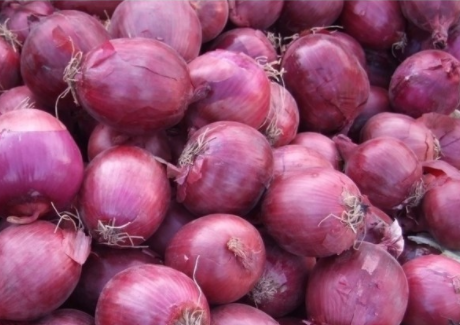The European Food Safety Authority (EFSA) has today published its assessment of the potential health risks to consumers if new, higher levels of aflatoxins were allowed in the European Union for almonds, hazelnuts and pistachios.
EFSA was asked for its opinion to help inform negotiations aimed at setting internationally agreed limits for aflatoxins in these nuts.
Aflatoxins are a group of toxins formed by certain moulds, which may grow on some foods, particularly in tropical and sub-tropical countries, including peanuts, nuts, dried figs and cereals and spices.
They have been linked to liver cancer in some parts of the world. In the UK and the rest of the European Union there are legal limits to make sure that people take in as little of them as possible.
The EFSA opinion concludes that increasing the maximum permitted levels of aflatoxins in these three nuts within the proposed range would have only minor effects on the expected total dietary exposure from all sources.
But it’s essential to keep aflatoxin exposure from food sources as low as possible by reducing exposure from the sources that are major contributors to people’s total exposure to alflatoxins through their diet, its experts say.








